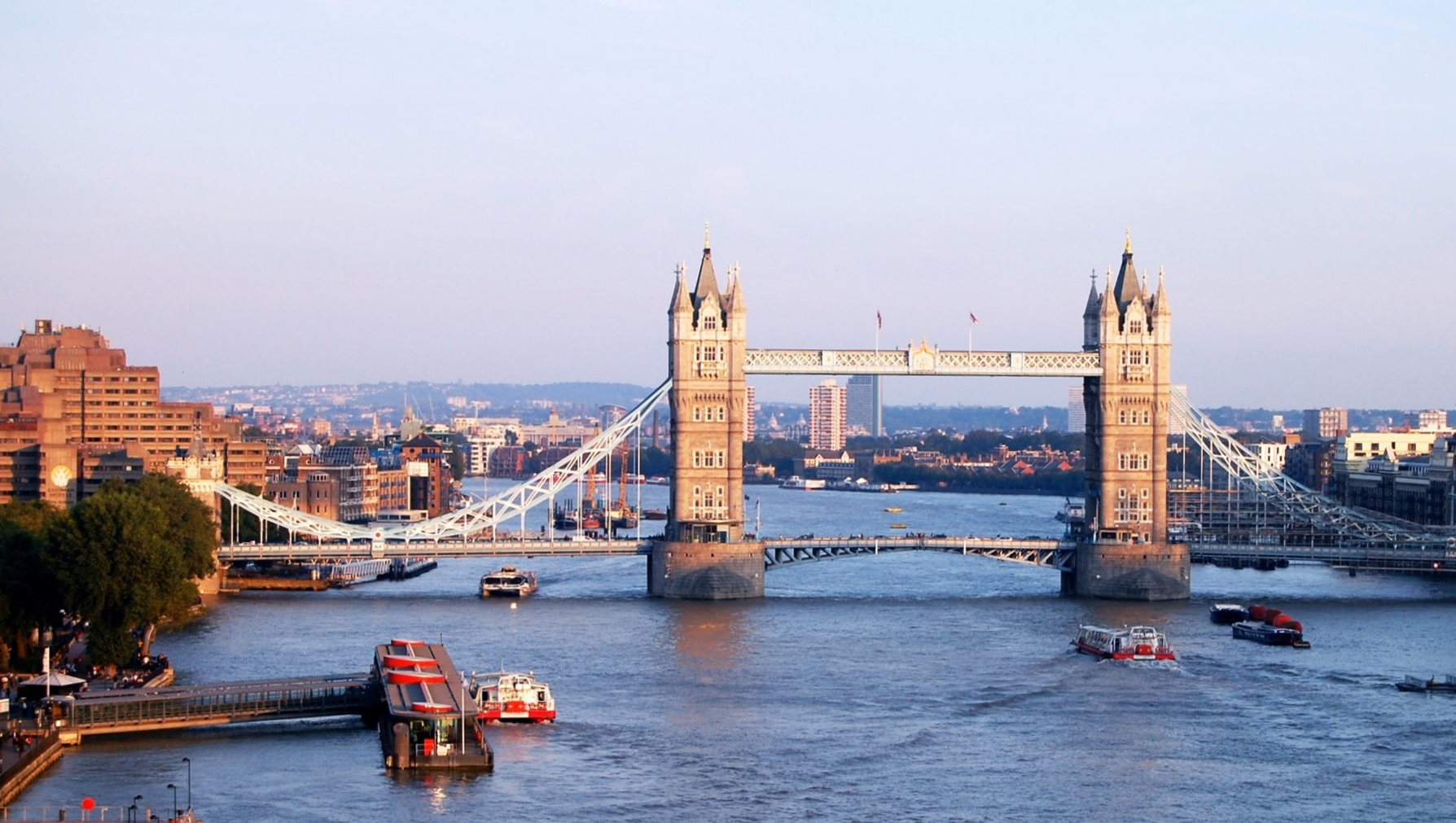One of the key concepts to determine the VAT liability of a transaction is the ‘place of supply’ which confirms where VAT is payable, if any.
The basic rule for the place of supply of services is that VAT is due where the supplier belongs, when services are provided to private consumers, and where the customer belongs, when providing services to business customer.
There are however exceptions to this rule, for example, land related services, hire of goods, electronic services, cultural services, and others. Understanding how the rules apply is essential to getting the VAT liability correct.
What are the rules for consultancy and professional services?
The rules regarding consultancy and professional services are often seen as relatively straightforward when determining VAT liability and place of supply. With these types of services, whether the customer is a business or a private individual, if the customer is in the UK then VAT is due at the standard rate (there are some exceptions, for example, financial services).
If the customer is outside the UK however, then no UK VAT is chargeable. This is applicable to whether they are in business, or not in business, following Brexit. If the customer was in the EU before Brexit, these services were only not subject to UK VAT if that customer was in business. However, this is no longer the case.
These services (pre-2010) were listed in Schedule 5 of the VAT Act, and are now contained in Schedule 4A VAT Act 1994.
If we leave the evolvement of the legislation in the past, if the services are listed in Schedule 4A of VAT Act 1994, and your customer is outside the UK, you do not charge UK VAT.
Schedule 4A s.16 ((2) (d)) refers to ‘services of consultants….’‘so lawyers, accountants and other professionals’ providers of services to overseas clients can supply those services free of UK VAT. They have the advantage of registering for UK VAT and recovering VAT on costs, meaning they get repayments from HMRC for VAT incurred on their business costs.
What is consultancy or professional services?
A recent VAT case has cast some doubt over what consultancy or a professional service is. If we ‘park’ the VAT rules for now, this case looks at defining what these types of services actually are. If the service is not recognised as consultancy or professional services, then we need to go back to ‘square 1’ so to speak and start again to work out what the place of supply is, where it falls within the legislation, and whether VAT is due and where.
In the case of HMRC v Gray & Farrar International LLP, the Court of Appeal has confirmed that ‘match-making services’ i.e. dating services are not consultancy or advisory services, but they instead are merely introductions between people looking for long-term partners. Determined by the Court, this was not a service typically provided by consultants. It followed that the services did not fall within the special place of supply rules for consultancy and advisory services. Therefore, the services supplied were subject to UK VAT when supplied to overseas clients.
What is the relevance of this?
You may be thinking that your business does not provide these types of services (dating/match making services) so it’s therefore not applicable. However, this case shows that HMRC are targeting those that they deem not to fall under a ‘professional service’ category. If their definition of a ‘professional service’ is not met, then supplies made to overseas clients VAT rules will not apply, i.e. VAT could be due where it’s currently not.
HMRC’s determination and desire to enforce this is evident in that they won the case in the First Tier Tax Tribunal, lost in the Upper Tribunal, and pursued their arguments to the Court of Appeal which they have now won. Their pursuit, in the author’s view, is not necessarily because they want to target match making/dating services, but instead potentially redefine what is and isn’t considered a consultancy/professional service for VAT purposes.
How can we help?
It’s advisable for taxpayers to look at the type of services they provide to ensure they meet the criteria classifying them as a consultancy or professional service, particularly where services are supplied to overseas customers/clients and UK VAT is not charged.
To discuss the potential impact of this case on your business, please contact our VAT partner Jas Dhillon (jaspaldhillon@lubbockfine.co.uk) or your usual Lubbock Fine contact.

